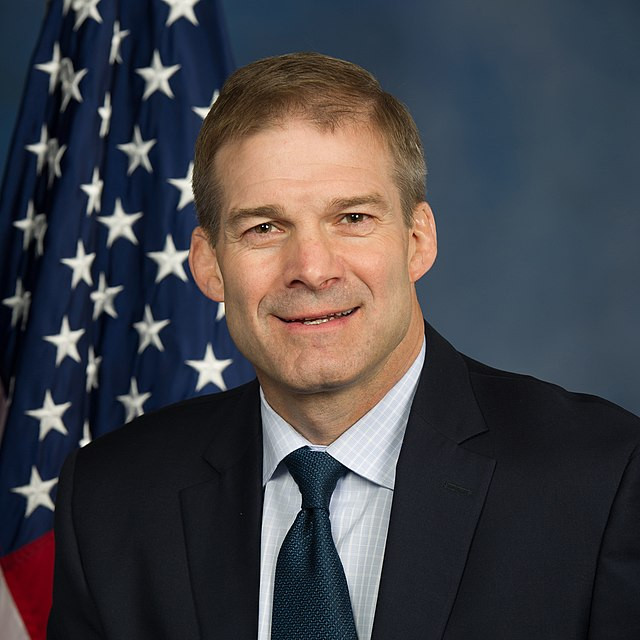In a whirlwind of political maneuvering, the race for the House Speaker's gavel has seen unexpected twists and turns, with candidates emerging and withdrawing, and endorsements shifting like sand. The recent events have left the GOP in a state of flux, with members grappling to determine the best candidate to lead them.
Former House Speaker Kevin McCarthy, who was recently ousted via a motion to vacate, has thrown his weight behind Judiciary Committee Chairman, Rep. Jim Jordan of Ohio. McCarthy's endorsement came swiftly after Rep. Austin Scott of Georgia announced his surprise candidacy for the position. "I'm going to support Jim Jordan," McCarthy declared to reporters, expressing confidence in Jordan's ability to garner the necessary votes. He added, "I think Jim's better prepared in the process to be speaker."
The backdrop to this unfolding drama was set by Majority Leader Steve Scalise's decision to withdraw from the race. Scalise, who had been the GOP's initial nominee to replace McCarthy, opted out, creating a vacuum and paving the way for new contenders. Rep. Austin Scott, a member of the House Intelligence Committee, seized the opportunity, announcing his bid for the coveted position. In a tweet, Scott stated, "We are in Washington to legislate, and I want to lead a House that functions in the best interest of the American people."
However, Scott's entry into the race was not driven by personal ambition alone. He voiced concerns about the current state of the House, emphasizing the need for functionality and effective leadership. "I want a House that functions correctly," Scott remarked, adding that if the GOP intends to be the majority party, it must act accordingly.
Rep. Jim Jordan, known for his assertive stance and leadership within the GOP, has been actively rallying support. Following Scalise's withdrawal, Jordan began reaching out to members, seeking their endorsement. His efforts seem to be paying off, with McCarthy's backing being a significant boost.
Yet, the race is not without its skeptics. Rep. Steve Womack of Arkansas expressed doubts about any candidate securing the required 217 votes, hinting at the challenges ahead. He also raised concerns about the potential repercussions of the ongoing leadership tussle on the 2024 elections.
The candidate forum, a crucial event where House Republicans cast their ballots for the next speaker, showcased the support each contender has within the party. The outcome of this forum will set the stage for the official vote on the House floor.
As the GOP grapples with this leadership crisis, the broader implications for the party's unity and direction are evident. The speaker's race has become a reflection of the broader challenges the party faces, from internal divisions to the need for a cohesive strategy moving forward.




